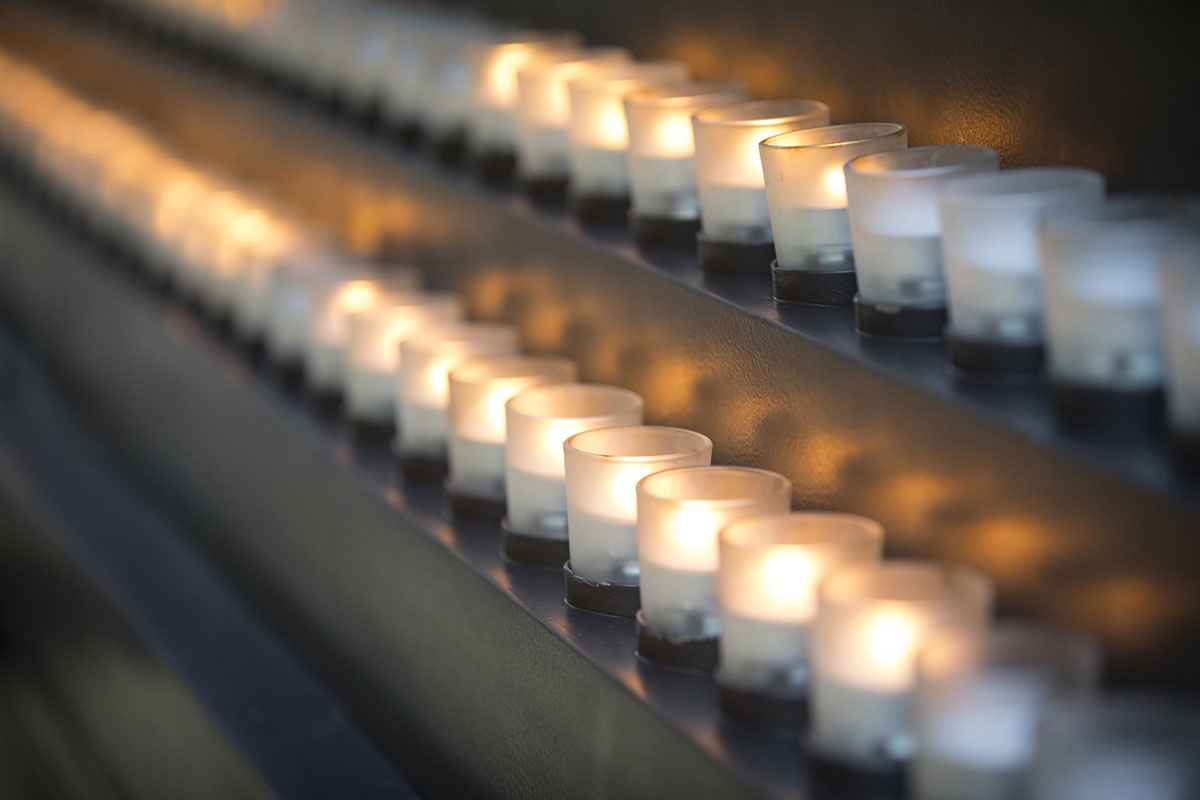In 1979, President Carter’s Commission on the Holocaust, chaired by Holocaust Survivor and author Elie Wiesel, recommended the creation of a living memorial to the victims of the Holocaust. It observed that no issue “was as perplexing or as urgent as the need to insure that such a totally inhuman assault as the Holocaust—or any partial version thereof—never recurs.” To address that need, the commission called for the creation of the Committee on Conscience.
The Museum opened in 1993, and in 1995, Leo Melamed, whose family fled Nazism, formally proposed the establishment of the Committee on Conscience as a standing committee of the Museum. His fellow members of the United States Holocaust Memorial Council unanimously approved his proposal.
Committee on Conscience Mandate
The Committee on Conscience mandate is to alert the national conscience, influence policy makers, and stimulate worldwide action to confront and work to halt acts of genocide or related crimes against humanity. To accomplish this, the Committee provides advice to the Museum’s Simon-Skjodt Center for the Prevention of Genocide whose purpose is to help build the emerging field of genocide prevention, including a global architecture aimed at preventing and responding to genocide and related crimes against humanity.
Genocide and Crimes Against Humanity
The 1948 UN Convention on the Prevention and Punishment of the Crime of Genocide, which was signed by the United States in 1988, defines genocide as any of a number of acts committed with the intent to destroy, in whole or in part, a national, ethnical, racial, or religious group:
- Killing members of the group;
- Causing serious bodily or mental harm to members of the group;
- Deliberately inflicting on the group conditions of life calculated to bring about its physical destruction in whole or in part;
- Imposing measures intended to prevent births within the group;
- Forcibly transferring children of the group to another group.
Crimes against humanity include a wide range of acts committed as part of a widespread or systematic attack against any civilian population, with knowledge of the attack.
Members of the Committee on Conscience (as of May 30, 2023)
Chair
Tom A. Bernstein*
Vice Chair
Lee A. Feinstein
Members
Daniel Benjamin
Michael Chertoff
Roméo A. Dallaire
Sara Darehshori
Stuart E. Eizenstat*
Todd A. Fisher
Meryl Frank*
Mark Goldfeder*
Allan M. Holt*
Stuart A. Levey
Tod Lindberg
Sigal Pearl Mandelker*
David M. Marchick*
John E. McLaughlin
Leo Melamed**
Jeff Peck*
Leah Pisar*
Michael H. Posner
Horacio D. Rozanski
Robert Satloff
Arthur Schneier
Elliot J. Schrage
Mark A. Siegel*
Cindy Simon Skjodt
Scott Straus
Howard Unger*
Clemantine Wamariya
Bradley D. Wine*
Jay Winik*
*Member, United States Holocaust Memorial Council
**Vice Chair of the US Holocaust Memorial Council's 1993-94 Exploratory Group on the Committee on Conscience





